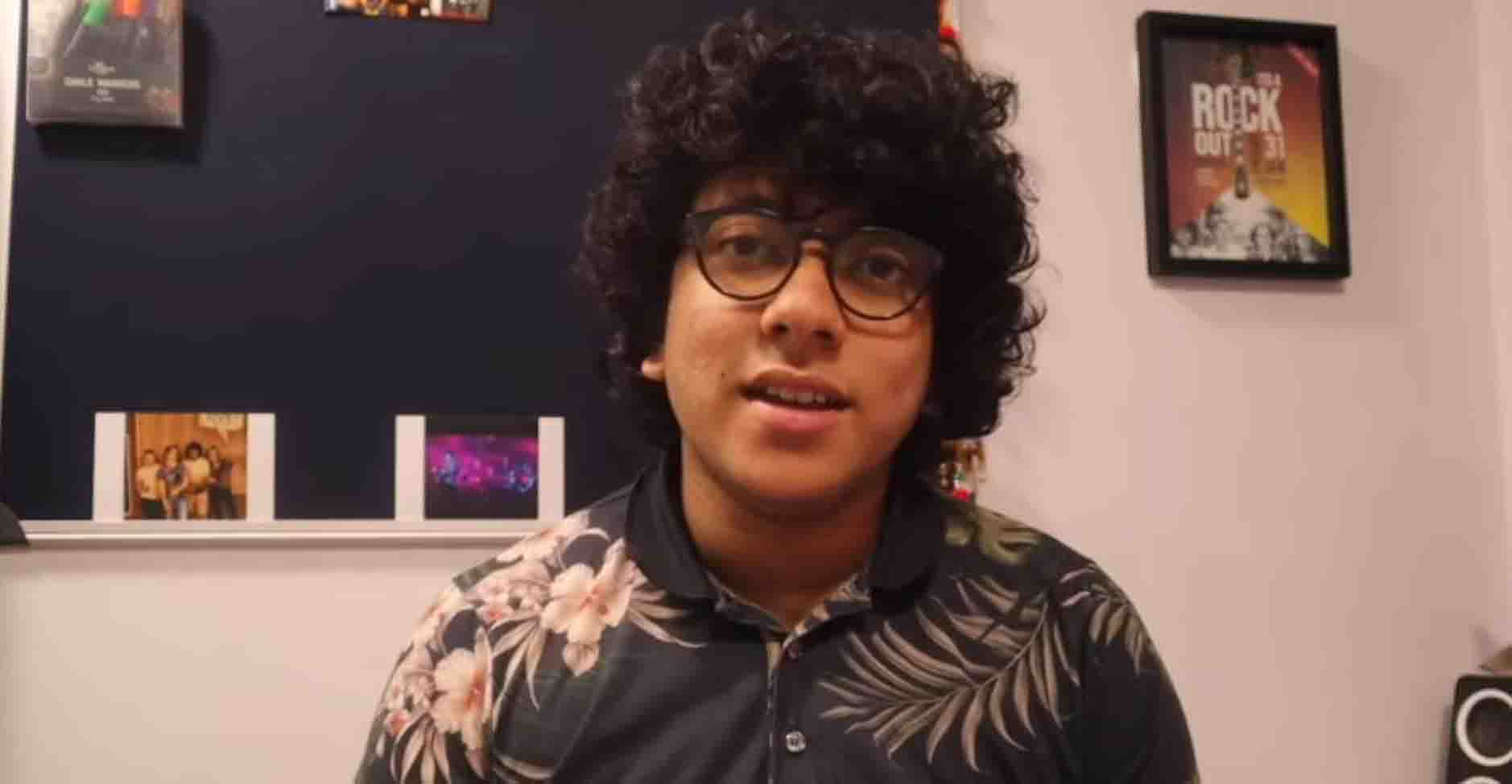
Within the context of the current global pandemic, we are getting used to accomplishing pretty much everything online. Whether that be getting our weekly shop, connecting with much missed friends and family, or taking in a virtual art exhibition.
This also extends to healthcare of course, with phone and video consultations becoming the norm for many GP surgeries and outpatient clinics up and down the country.
However, a recent study shows worrying disparities when it comes to Telemedicine trends in other parts of the world, including Middle Eastern countries, where Telemedicine is still very much in its infancy.
The paper, now published by Frontiers, is co-authored by Year 3 Liverpool Student Doctor, Shantanu Kundu.
This is a topic with lots of room for expansion, so to get involved in such a project allows me to think outside the box and best understand other countries' uses of technology.
"We live in a world of large disparity especially in terms of the east and west divide. This research found that there is much more that needs to be done in Middle Easten countries in order to diversify and promote Telemedicine, where there is a lack of innovation and presence in comparison to the global context.”
Shantanu is interested in how digitalising different types of healthcare can contribute to improved and increased coverage globally.
We are moving towards a world where we embrace technology and utilise it.
"It's not just about teleconsultations and primary care but we also see a role for telesurgery through DaVinci Robots and especially now with the introduction of 5G. I really do see it as the stepping stone to achieving universal healthcare coverage.”
But while Shantanu is excited about the possibilities technology presents modern healthcare professionals, he is quick to exercise caution in taking things totally remote,
I see the future to be using Telemedicine in triage and primary care as a way forward from COVID-19.
"Ensuring that appropriate healthcare needs are met is something that is really important, especially now. Telemedicine will inevitably play a role in this.”
“However, more can be done in identifying the appropriate uses of Telemedicine. It works for certain healthcare needs but a lot changes in terms of empathy and in particular mental health needs. It is also essential for GPs and primary care practitioners to actually see their patients in order to pick up any other issues that may not be relevant to their present complaint.”
A passionate Mental Health advocate himself, Shantanu has put together his own podcast, Being Free with Shantanu Kundu, which you can give a listen to on PodLink. He also recently appeared on the series Music for Mental Health, where he spoke further about his Be Free campaign. Catch the episode on YouTube.
The paper, entitled ‘Telemedicine in Arab countries: Innovation, Research trends and Way forward’ is now published. Take a look at the full article on the Frontiers website.